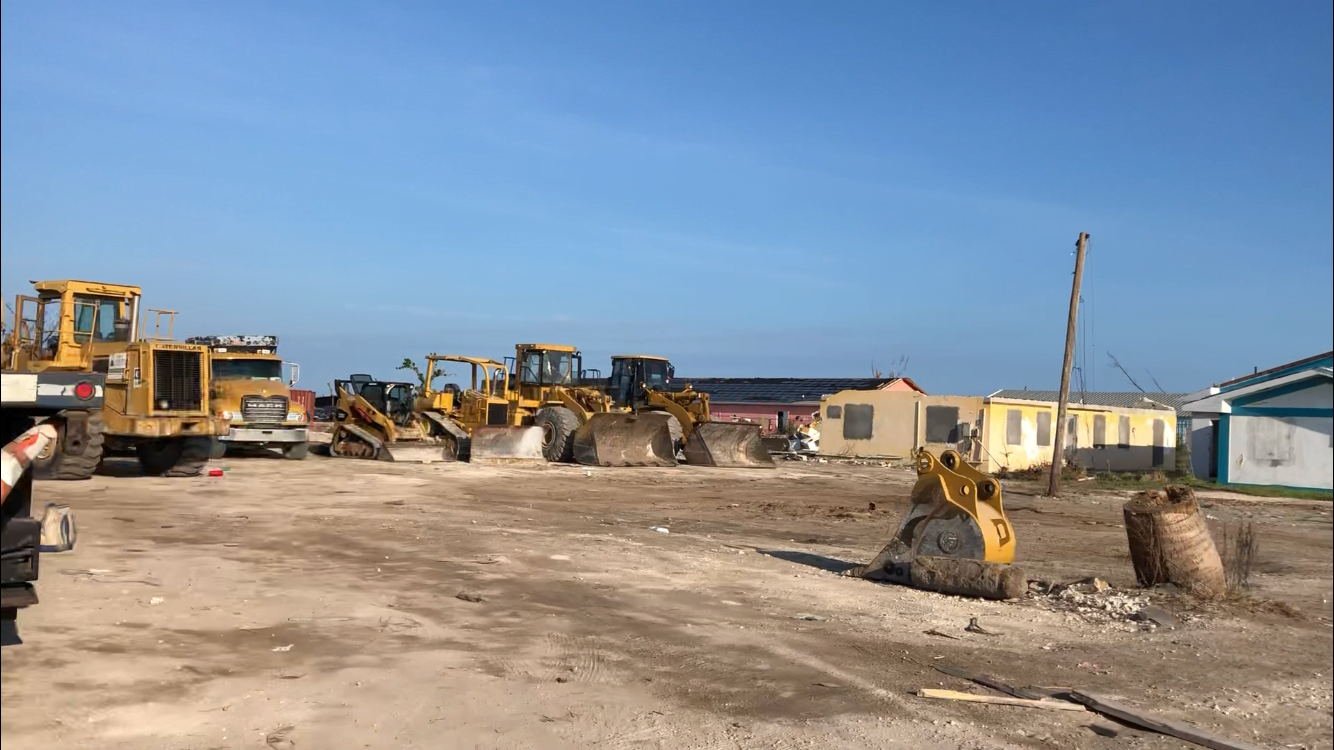Albury says island may have small advantage in experiencing limited touristic traffic for months
NASSAU, BAHAMAS — Central and South Abaco MP James Albury yesterday said officials are actively working to increase health capacity, and the island’s ability to manage a potential Coronavirus (COVID-19) case.For now, samples of a patient exhibiting symptoms at this time will be sent to New Providence for testing.
In an interview with Eyewitness News, Albury said the Marsh Harbour healthcare facility has a screening unit, which is being improved upon.
“They have the swabs, which they have to send to Nassau to have get tested and those could take between — I believe the current turnaround for results is two for four days I think; for results from those swabs being sent in,” he said.
“Once again, talking about trying to move forward, I believe we are trying to get some of those [test] kits on Abaco itself, but right now, none of the Family Islands to my understanding have any of the actual COVID test kits.

“Our current mode is to do the swabs; keep the person in isolation and then send those results; and then between two to four days, the results will come back.
“That’s the current way it operates now.”
Hurricane Dorian decimated parts of Abaco and Grand Bahama last September.
The Category 5 storm wiped out much of the public infrastructure in the Abaco’s.
According to the Inter-American Development Bank, the storm caused more than $64 million in damage to the healthcare sector, though Minister of Health Dr Duane Sands has put that figure at $100 million in damage to the Ministry of Health’s facilities on Abaco and Grand Bahama.
With the assistance of several non-governmental organization, the island has a number of modular clinics spread across the mainland and cays and remains in recovery mode.
Asked about the island’s exposure and vulnerability, Albury said Abaco is faced with a “two-layered misfortune” with the island still reeling from Hurricane Dorian last September and now having to combat the threat of COVID-19.
However, the MP said the island may have a small advantage in comparison to other islands as a result of the devastation — few tourists arrived on the island over the last few months.
“The number of tourist who are there now would not be anywhere as high as it would usually be during this time, so the pure exposure level is minimized,” he said.
“I think that’s almost a bit of a silver lining, but we what we also have is some excellent non-governmental organizations on the ground.
“There are several, but the first that come to mind is the Red Cross, and Americare, which is still on island; still working with health officials and private physicians; getting in supplies and equipment like PPEs (personal protective equipment) and that sort of thing.”
He encouraged residents of the island to follow every health guideline and the emergency measures, which include a 24-hour curfew and border lockdown.
He noted Abaco has the benefit of having renowned NGOs working alongside its teams, which have committed to remaining on island.
“They have assured me that they’re in it for the long haul,” he said.
“Not this Monday, but the week before, I would have been in Abaco and had a meeting with Bahamian healthcare officials, private physicians as well as representatives from Americare and discussed at length where we were; where we are; what we need; and what our next steps are.
“We are very much working as a unit, which I find reassuring, so we do have that benefit there going for us, but other than that the best way to fight this pandemic is to limit exposure and stay home.”
Prime Minister Dr Hubert Minnis was expected to teleconference Family Islands administrators yesterday to discuss protocols on the respective islands.
The death of a patient from Bimini, who was later found to have tested positive for COVID-19, has prompted concerns about the capacity of Family Islands to effectively manage cases.






